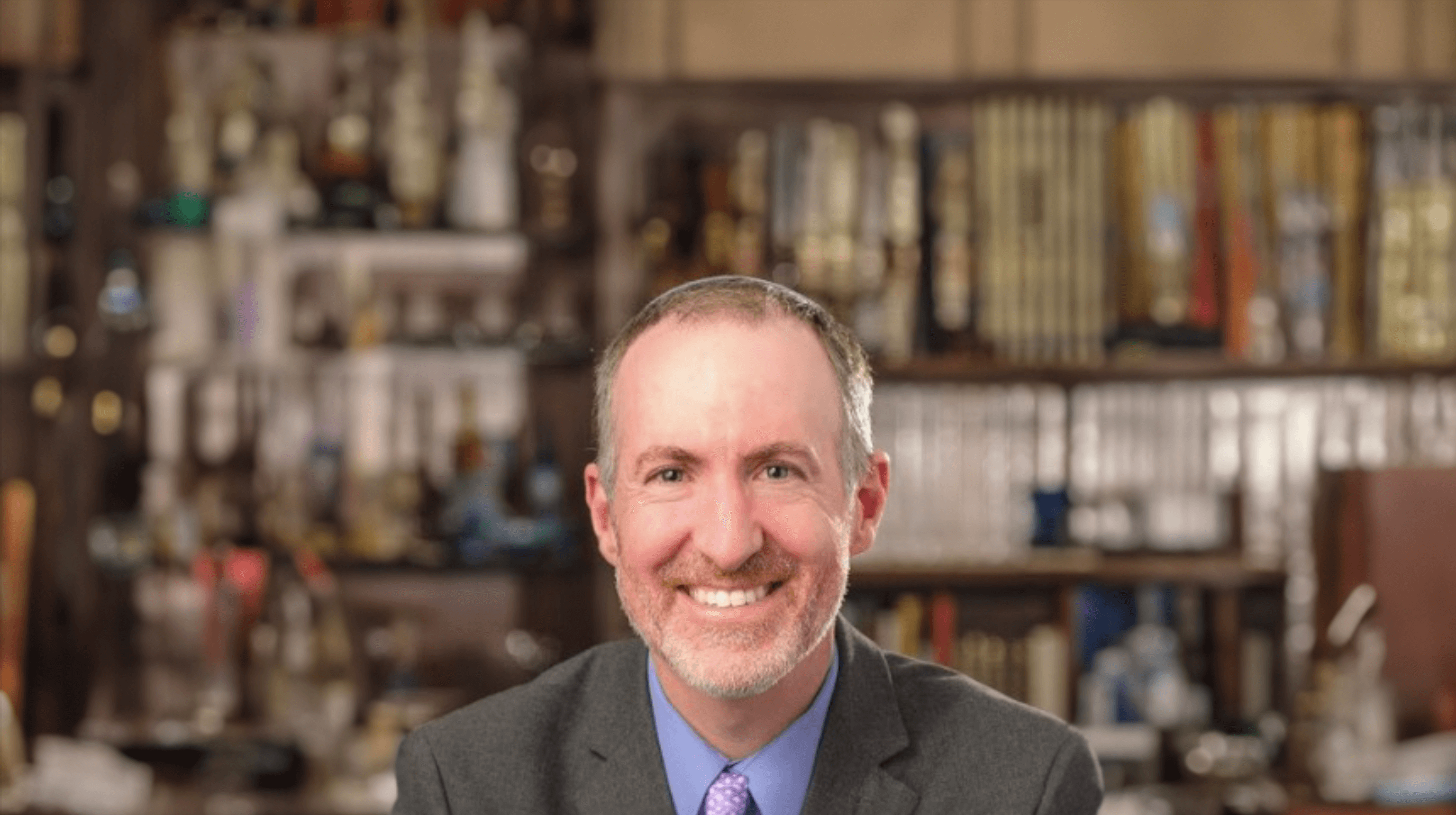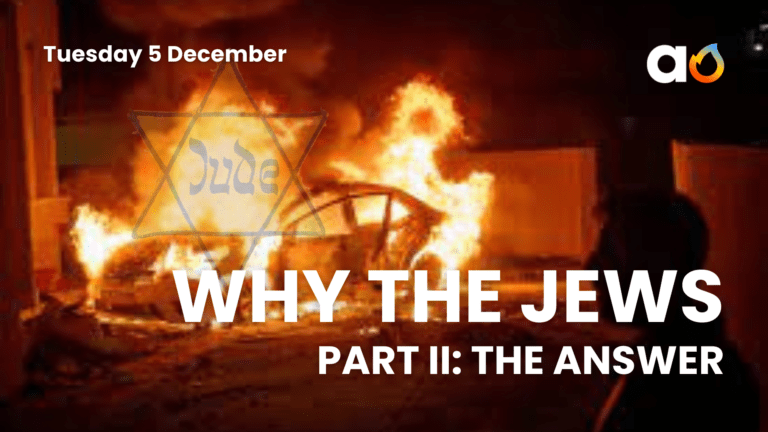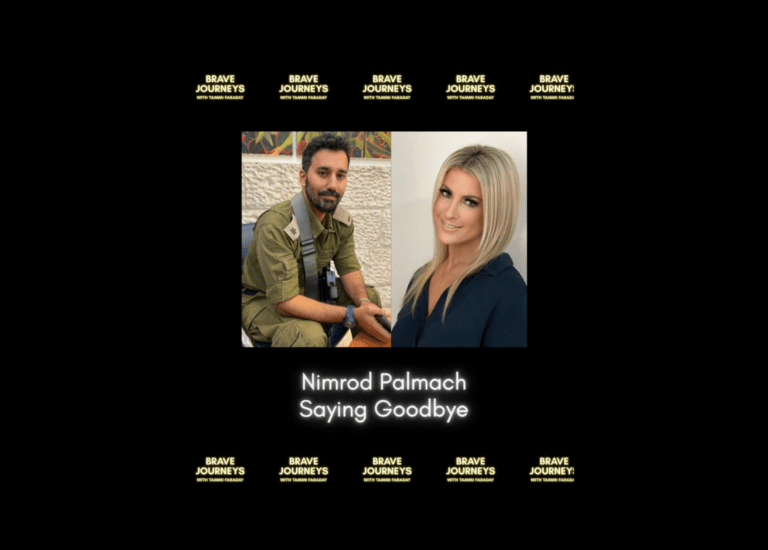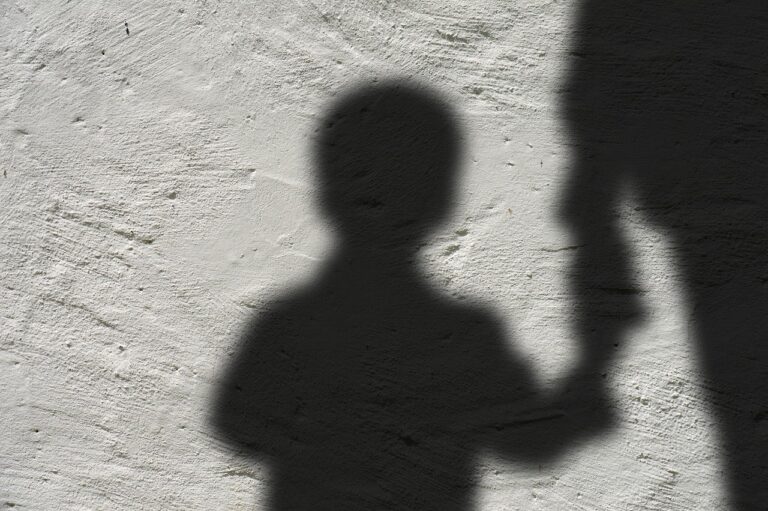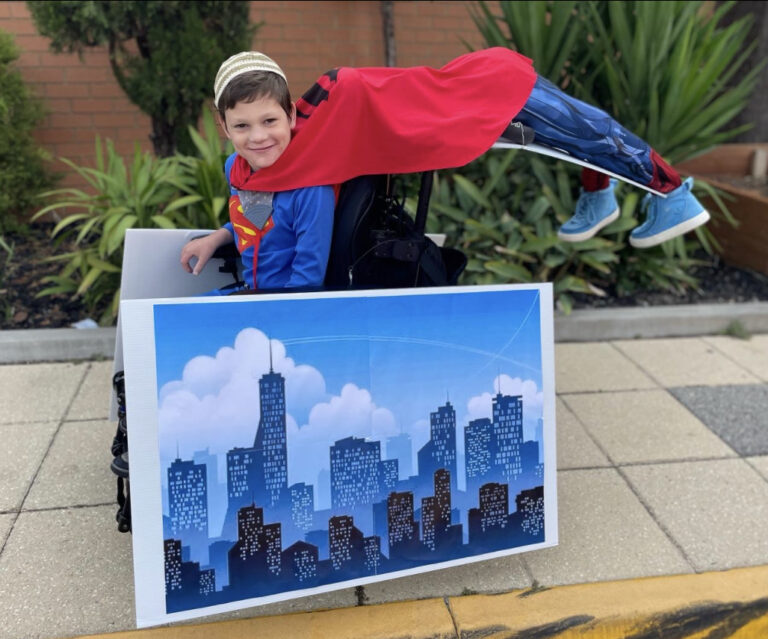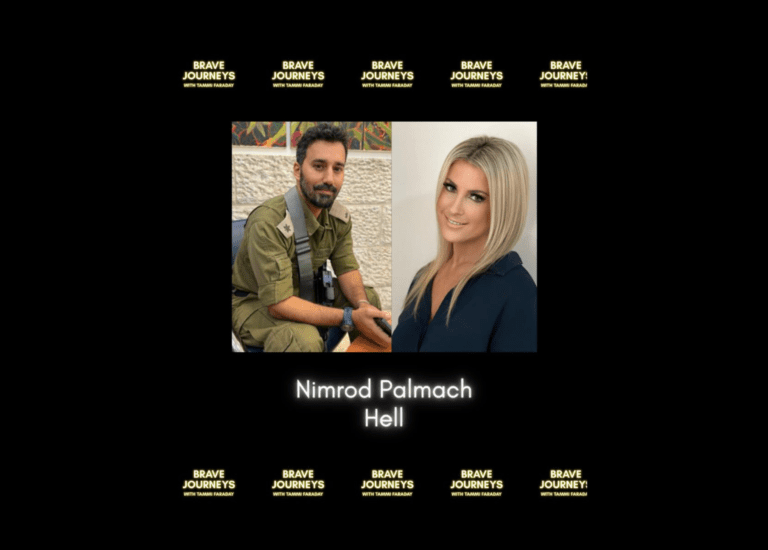Perhaps it isn’t the wisest choice for me to make my first blog on Social Blueprint somewhat political, but I feel that the topic I would like to discuss is too important. Besides, I am writing this as an Australian Jew, not necessarily as a Rabbi. And I certainly don’t pretend to speak on behalf of the two institutions that employ me, Mount Scopus Memorial College or Beit Aharon Congregation on Mayfield Street.
Having clarified that, let me say that I find myself confused and concerned by some perspectives I am hearing in the Jewish community. Australia will be holding a referendum about a Voice to Parliament, and not surprisingly there are opinions in favour and against. Clearly, there is much to discuss about this important issue, and our synagogue wanted to shed some light on what is actually being proposed. We invited Professor Melissa Castan, Associate Dean of the Monash Law Faculty and Director of their Centre for Human Rights Law, who explained several points.
One, the idea of a Voice to Parliament is one that came from broad representation of the Australian aboriginal community who developed the Uluru Statement From the Heart. Of course, there would be some indigenous people or parties that feel the Voice is not the direction to go, or the priority, just as there would not be complete consensus on anything in the Jewish community. Nor should we expect that of anyone. But the fact that some don’t want this shouldn’t confuse us into thinking it doesn’t represent the views of the vast majority of the aboriginal community (around 80%, according to a UNSW poll).
Two, the Voice to Parliament is simply a mechanism for the indigenous community to have representatives that can share their perspectives with the government on matters affecting their community. This isn’t about the government ceding power or control to anyone. It is just giving the government access to perspectives of particular parties regarding matters that concern them. As Professor Castan pointed out, there are many entities that sit alongside government and give their perspectives and opinions, without having any power per se. Given the way that other nations have empowered and compensated their First Nations people, this proposal is in fact relatively limited.
Third, it is quite striking that anyone who considers themselves a Zionist would take issue with Australia singling out one group to be treated differently from others in Australia. (Never mind that singling out aboriginals in this way is not about giving them extra power or control, as I stated above). But the fact is that Australia, given its long and sordid history with the mistreatment (to put it mildly) of aboriginal people, should employ many methods to try to address the wrongs of the past. Zionists, of all people, should appreciate that there is sometimes a place to preference some people as a means of addressing their past oppression.
Now, please understand. I am not necessarily saying that people should be supporting the Voice to Parliament. This is a complicated issue, with many perspectives. Some, for instance, argue that Treaty is the priority, and this will be a distraction. I respect that view, though personally, I do worry that a No vote would be quite demoralizing and a step backward.
Why I chose to write this blog is that I hear perspectives that are full of fear about the Voice. Some fear that it is unrepresentative, that it is unfairly singling out the few, and then giving them political power. They fear the Voice. I don’t see how people could come to those conclusions (but certainly welcome comment!), and am deeply concerned that these unwarranted fears will create more problems than they solve (which is often the case with fear). If fear is the reason the referendum fails, I honestly will feel ashamed, as an Australian, and as a Jew.
Rabbi Shamir Caplan
Originally from South Africa, Rabbi Shamir Caplan grew up in Texas and studied in Israel and New York, receiving ordination from Yeshiva University. He worked for the Hillel Foundation in the USA, before emigrating to Australia, where he serves as Chaplain and Talmud coordinator at Mt Scopus Memorial College, as well as Rabbi of Beit Aharon Congregation on Mayfield Street.
